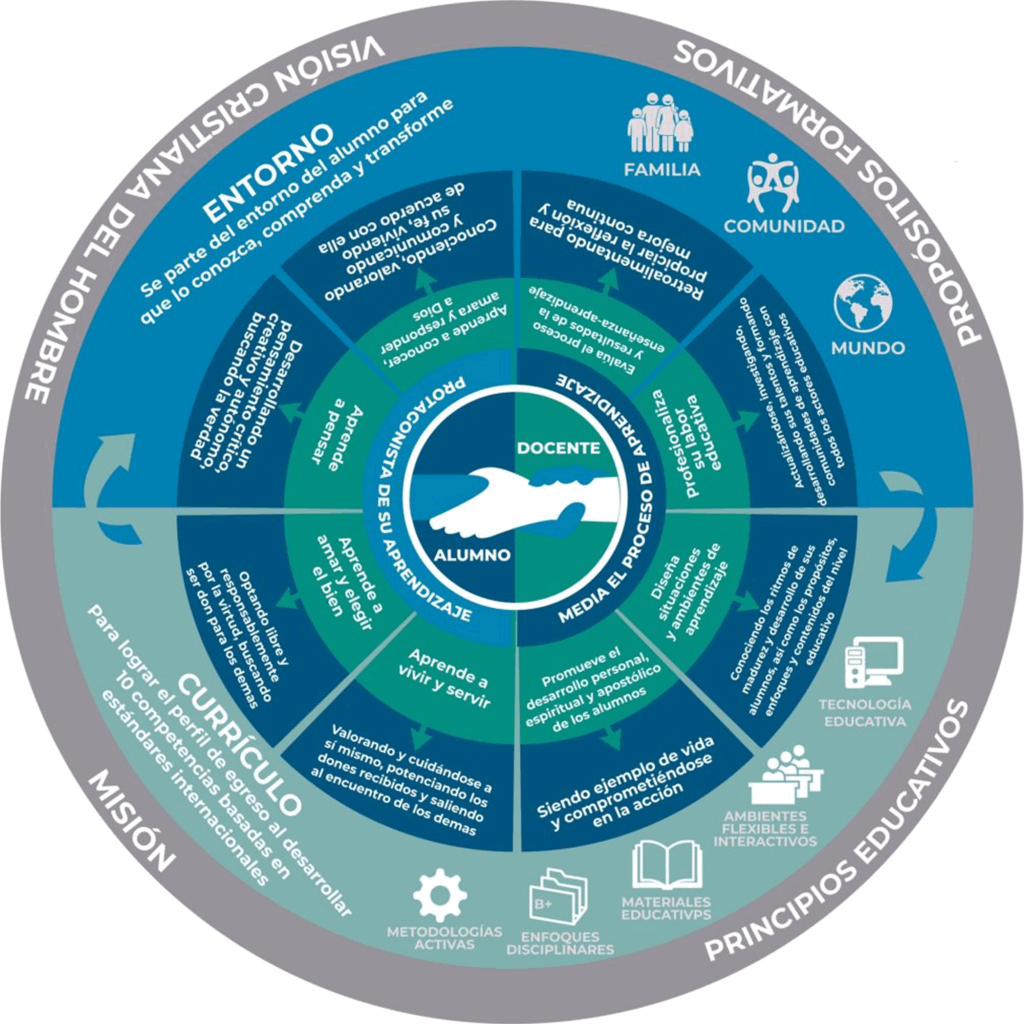Why choose us?
At Cumbres, we educate more than just students: we educate whole people. Our educational model combines academic excellence with close support, focused on each child’s emotional, social, and personal development. We prepare purposeful leaders, ready for the future.
We are an International Network of Schools that implements the educational model of the Regnum Christi Movement, with more than 70 years of experience in 18 countries in Latin America, North America, Europe, and Asia. As an International Network of Schools, we are united by the purpose of educating people of integrity, Christian leaders who renew society. At the heart of our model is the human person, conceived as unique and unrepeatable, called to grow, help others, and contribute to a better world.
Colegio Cumbres Medellín opened its doors in 1995 and proudly saw the fruit of its educational mission in 2006 when it graduated its first class. Today, 16 classes have graduated from our school, 1,020 well-rounded graduates whose legacy is to be leaders who transform society.
What Makes Us Unique: Creating Purpose-Driven Leaders
At Cumbres, we understand education as a transformative process that goes beyond the academic sphere. Our holistic approach develops Christian leaders committed to their communities and capable of generating a positive impact on society. We closely support each student in safe environments, working in partnership with families and promoting meaningful education and social responsibility.
1. First the Being
- Mission: “We train Christian leaders who transform society.”
- Dimensions of BEING:
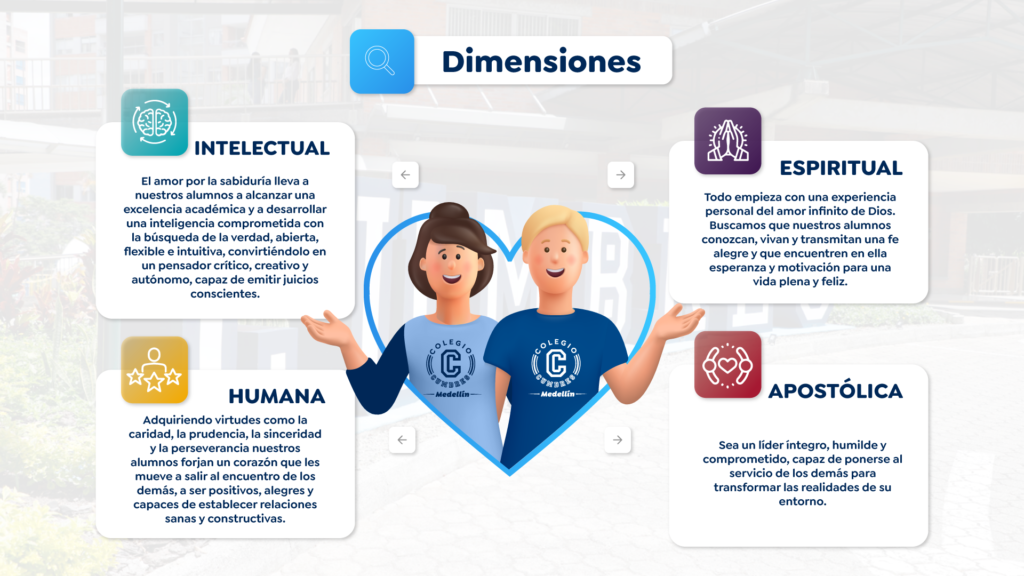
2. Comprehensive support
We have trainers who fulfill their mission in a close manner, know each student, and know how to adapt to their personal processes with prudence and patience, always seeking their well-being and celebrating their growth and development.
Each of the sections into which the school is divided has a staff that provides comprehensive support to the students, get to know them:
| Role | Description |
|---|---|
| Head of School | Top leader of the institution. Responsible for strategic vision, overall management, community relations, and staff supervision. |
| Head Teachers | Academic leaders of each educational stage. In charge of academic management, teacher coordination, curriculum development, and learning assessment. |
| Head of School life | Responsible for student well-being. Organizes extracurricular activities, provides emotional support to students, and promotes a positive school environment. |
| Counsellors | Educational advisors. Offer academic and personal guidance to students, manage special cases, and collaborate with families. |
| Learning Specialist | Learning specialist. Identifies students’ special educational needs, designs support plans, and collaborates with teachers. |
| Head of Christian Life | Leader of the spiritual life of the school community. Organizes religious activities, fosters spiritual formation, and promotes Christian values. |
3. Safe and protective environments
- Affective sexual risk. Situations of alleged: sexual abuse, carnal access, sexting, grooming, sextortion, pornography.
- Comprehensive prevention: risks related to mental health and situations related to behaviors involving psychoactive substances: possession, consumption, and trafficking.
- Discipline and school coexistence, in serious and very serious situations.
- Violation of the rights of children and adolescents: abandonment, lack of family network, neglect of basic needs, inducement to criminal acts, among others.
- Domestic violence: physical, verbal, and emotional by a family member.
- Behaviors involving non-compliance with the code of conduct by staff members.
4. Family allies
We understand that education is a team effort between home and school. Therefore, we work closely with parents in the education and care of their children. We view school as an extension of the family, where students feel loved, accepted, supported, and encouraged to be the best version of themselves.
5. Educando el corazón
6. Responsibility and social commitment
We promote servant leadership in our students so that they can respond to the human, material, and spiritual needs of others and become committed citizens of their communities.
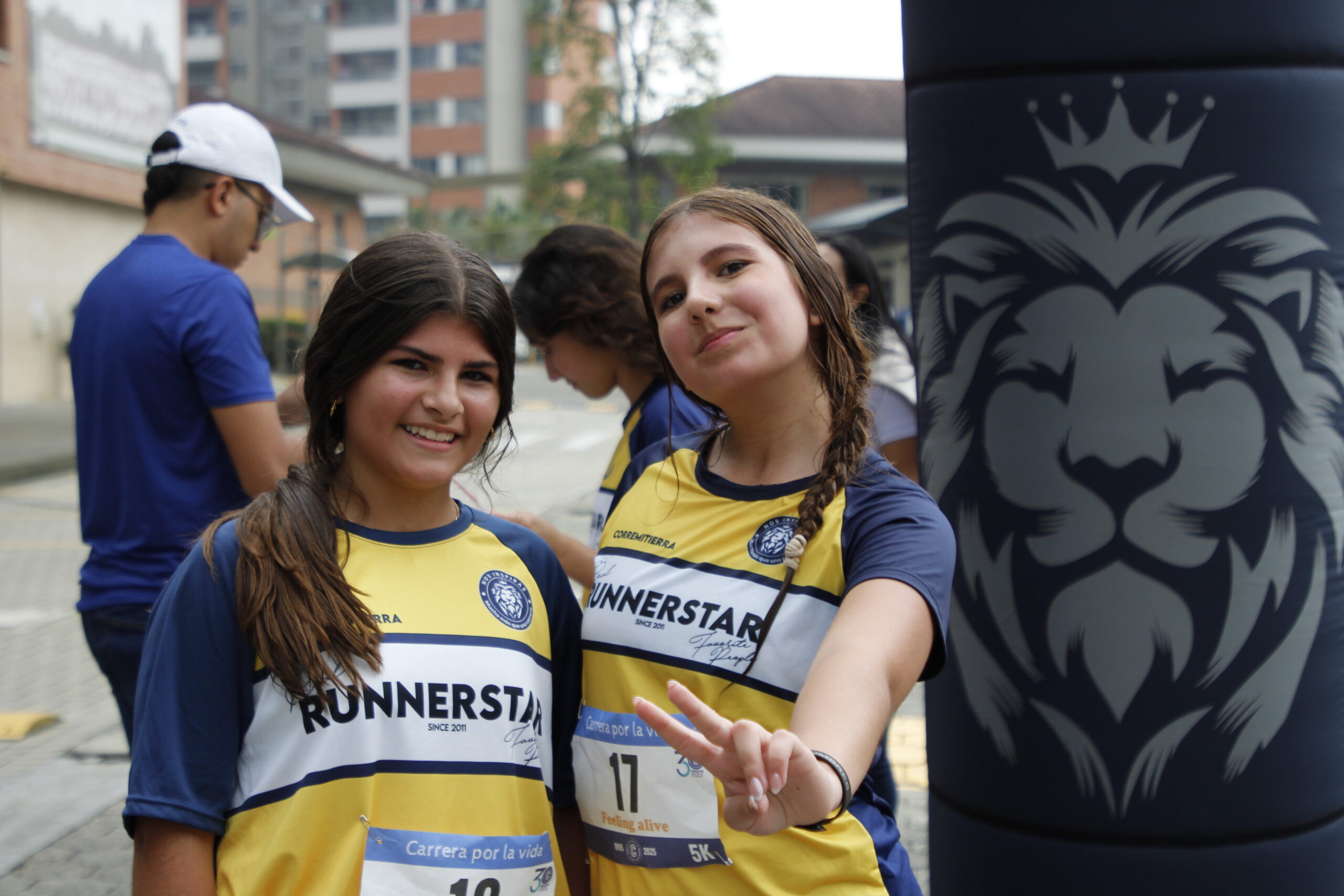
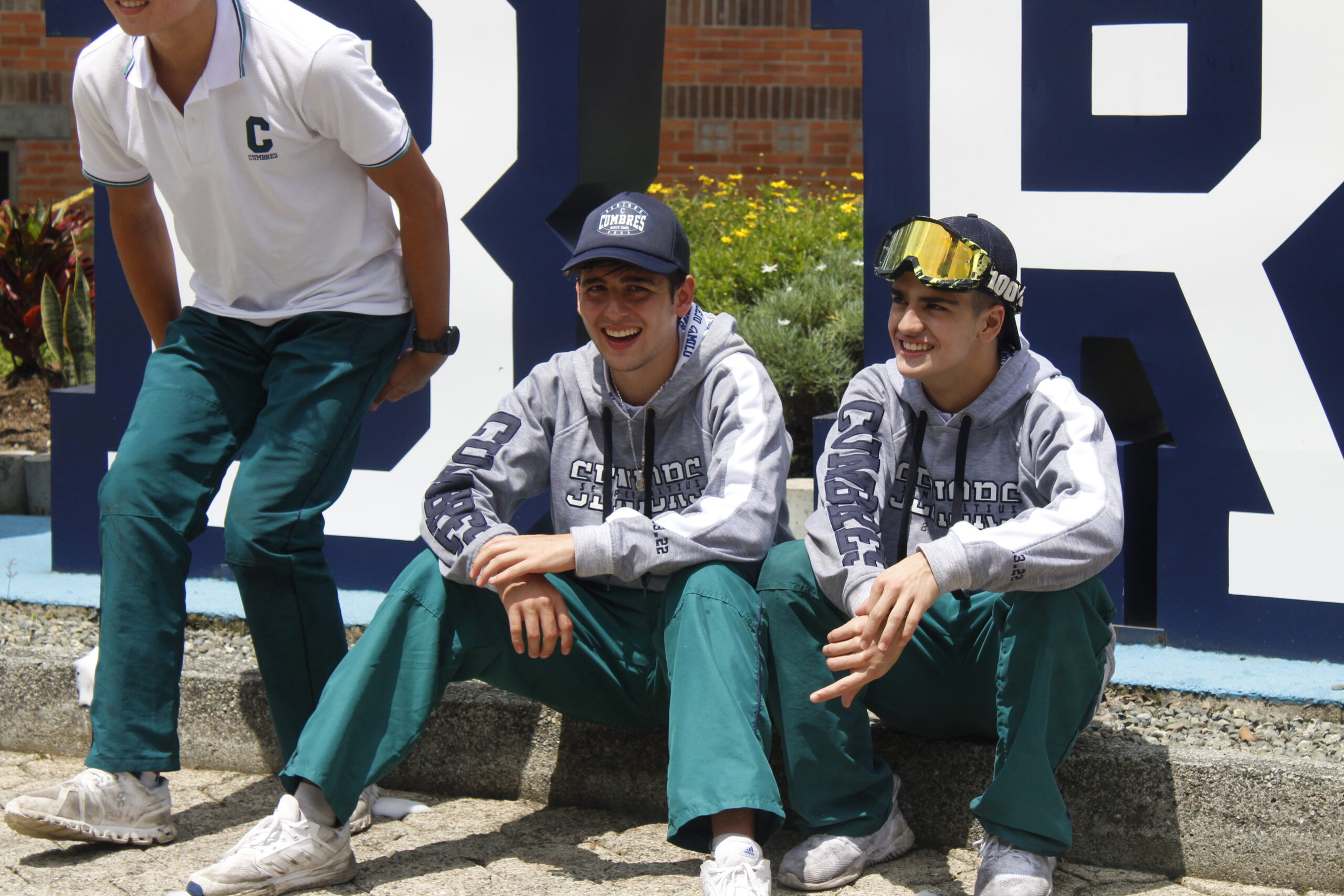
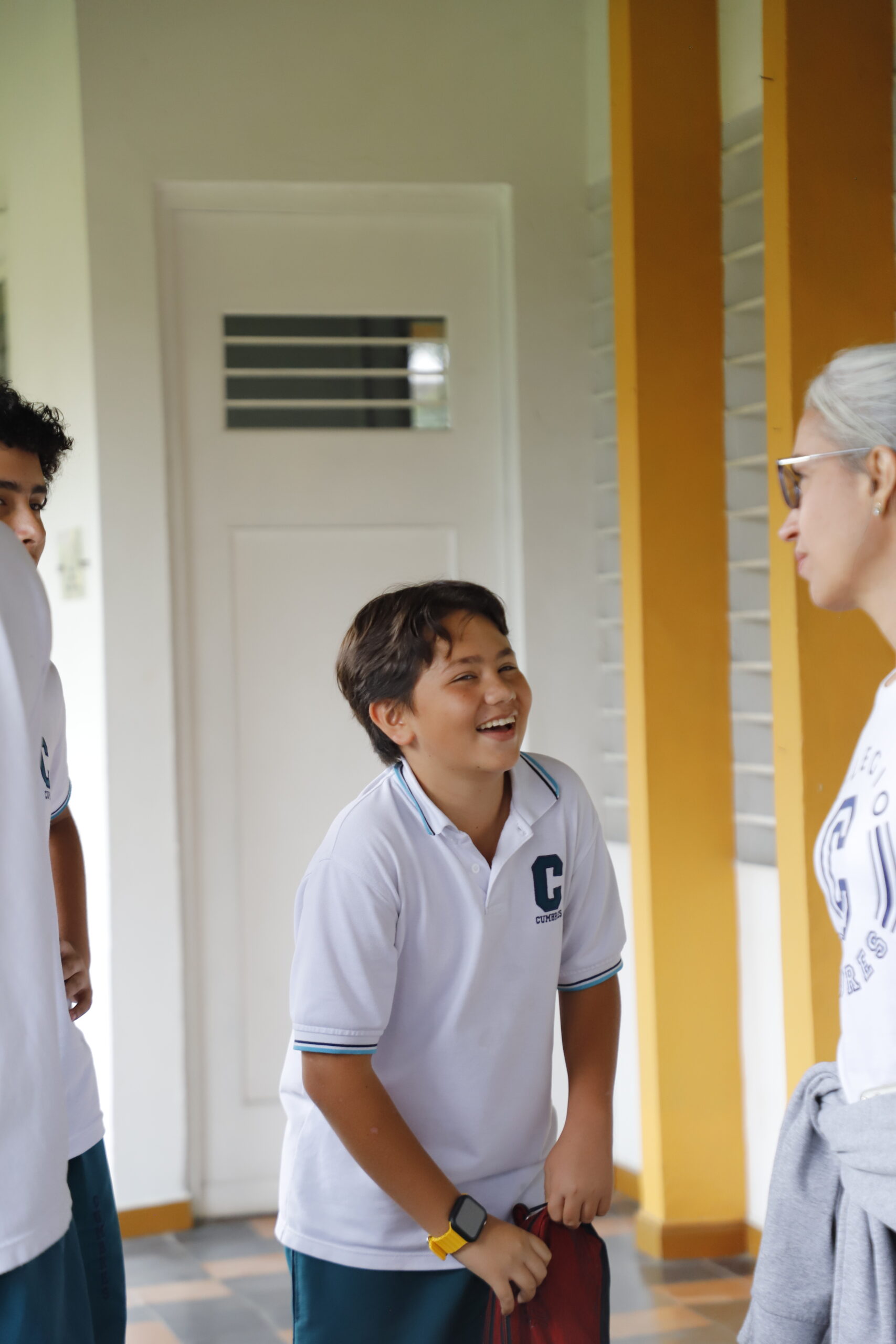
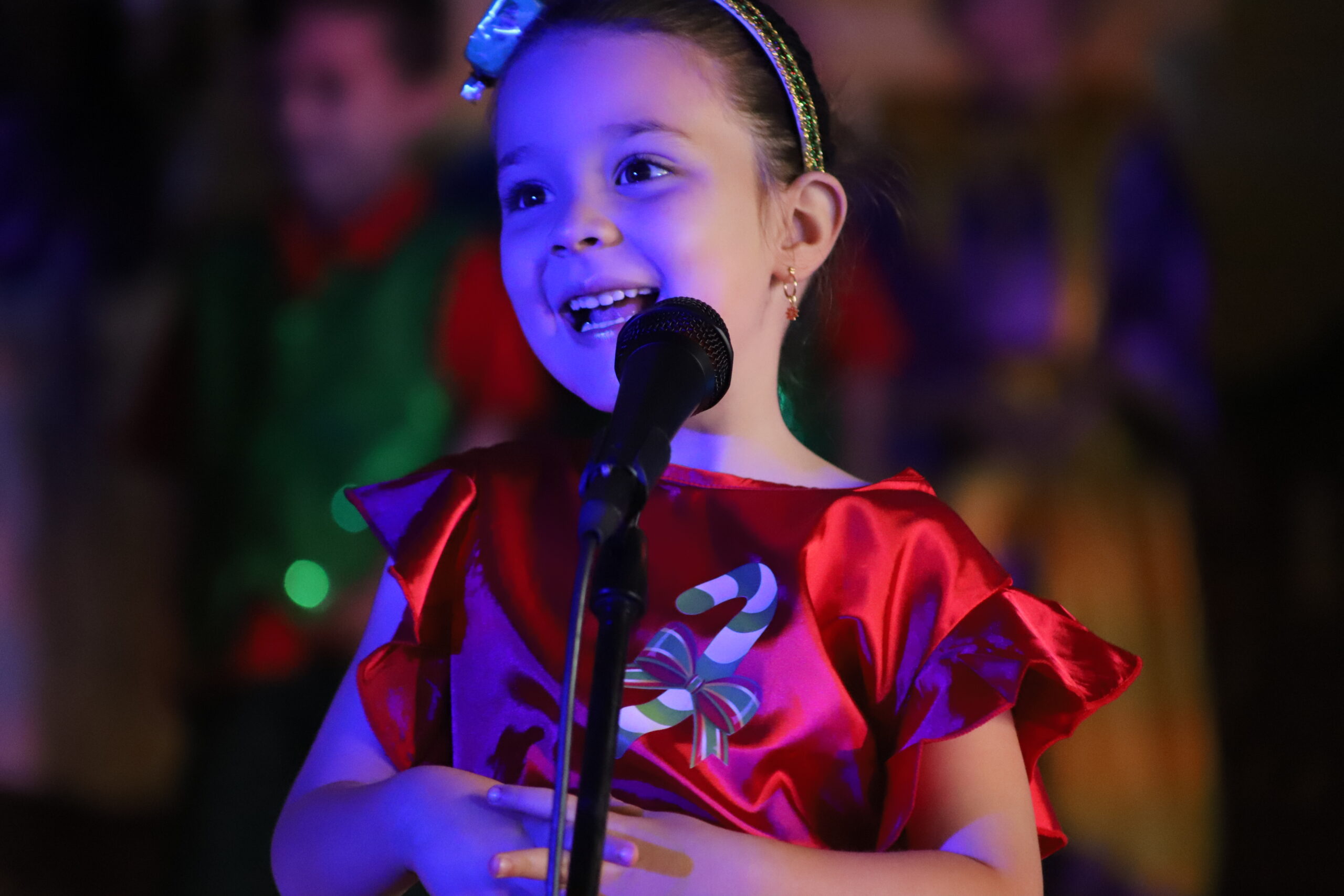
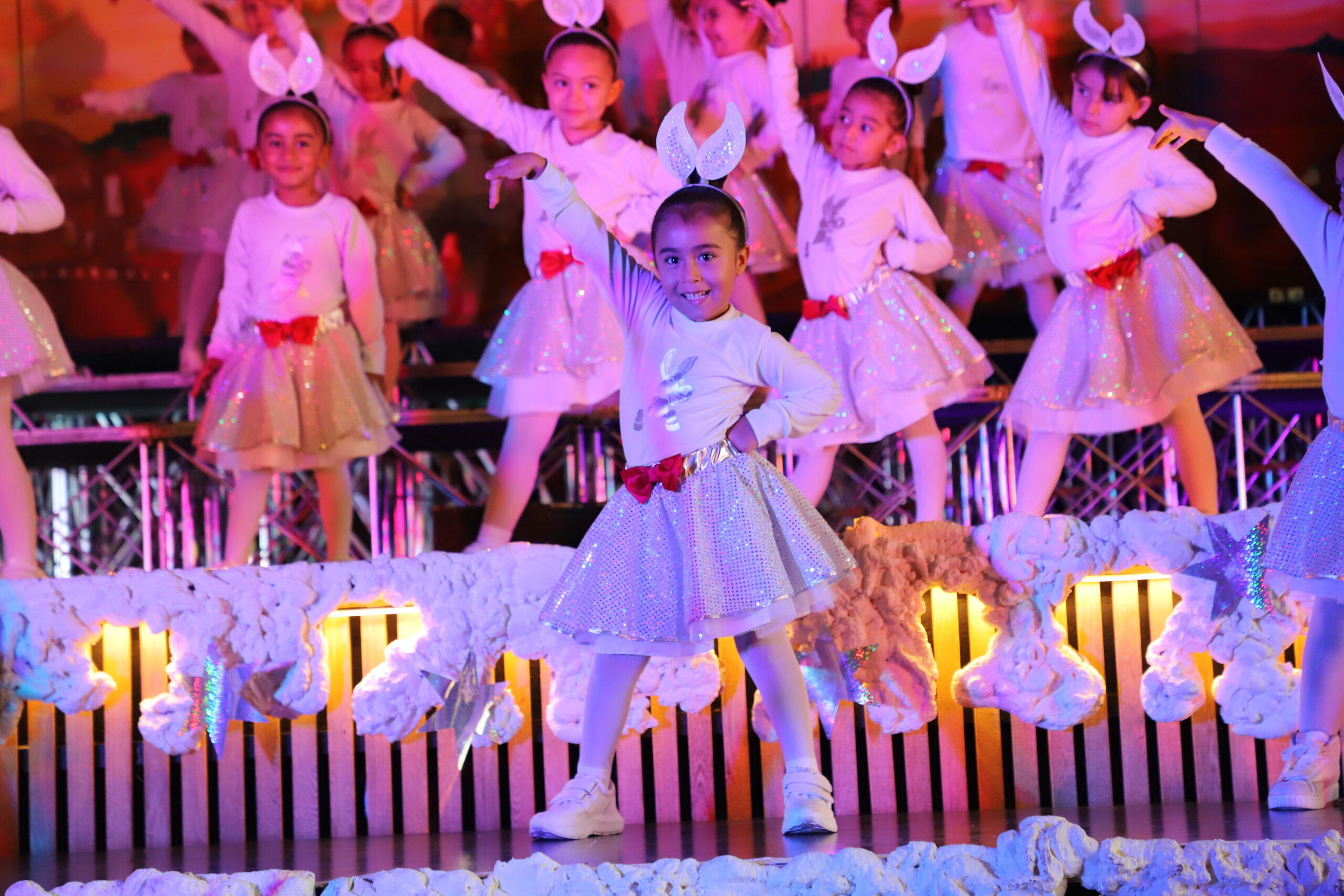
Our
Values
Nuestros
Valores
We are a school that recognizes values and teaches virtues.
01

Transcendence
We bring God’s word into our lives, witnessing His presence and living our faith with joy. We live and transmit the personal experience of Jesus Christ’s love, as His instruments in integral formation.
02
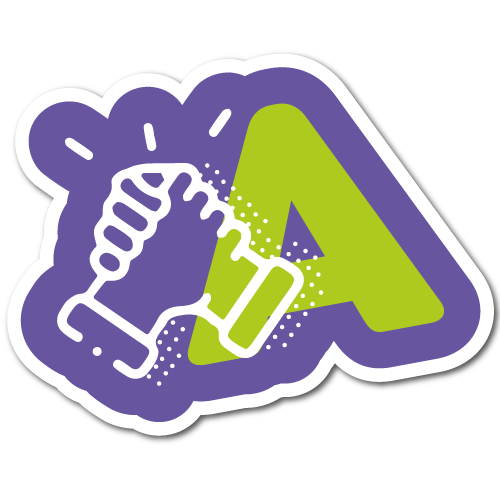
Accompaniment
We offer a helping hand to others, helping them develop their potential and guiding them on their path to personal growth.
03
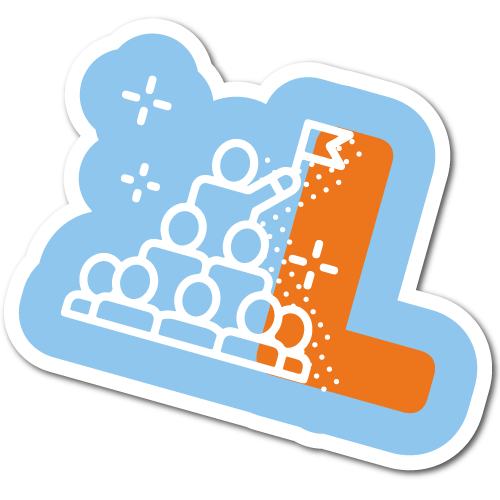
Leadership
We offer our talents to serve others.
04
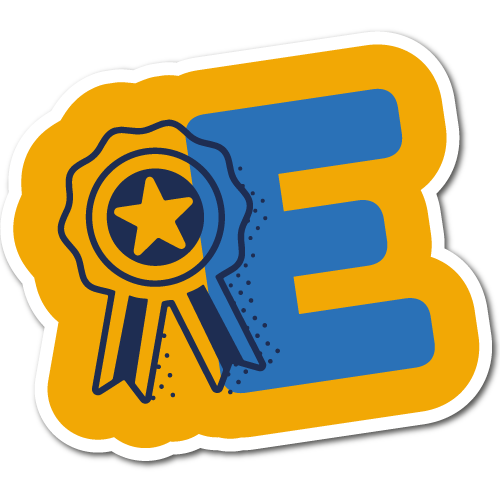
Excellence
Our motto, “semper altius,” implies that in the educational process it is necessary to walk, climb, and improve.
P e d a g o g i c a l M o d e l ( L e a r n i n g P h i l o s o p h y )
Student
Teacher
Curriculum
Represents and encompasses, in our model, reality with the goal of knowing, understanding, renewing, and promoting the common good.
The family, especially the parents, as the primary responsible parties for the formation of the children. They and we, as their allies, achieve the mission of student formation.
The community where the student discovers the possibility to renew, care for, and preserve their immediate environment, committing themselves to it.
The natural and social world, where the student situates and develops themselves as a socially committed citizen exercising their Leadership.
The actors in the educational process at the school: the student and the teacher and mentor. The hands represent the interrelation and shared responsibility of both in the formative process.
The student: an active protagonist and responsible for their own learning and formation.
The teacher: witness, teacher, and guide. Mediates the formation and learning process through example, intervention, and accompaniment.
Our curriculum considers the context, as well as international standards and our formative purposes, to generate meaningful learning experiences that trigger the development of the ten competencies in the graduate profile. It includes: disciplinary approaches, cooperative, active and reflective methodologies, formative, flexible, interactive and collaborative environments, physical and digital educational materials, and educational technology.
